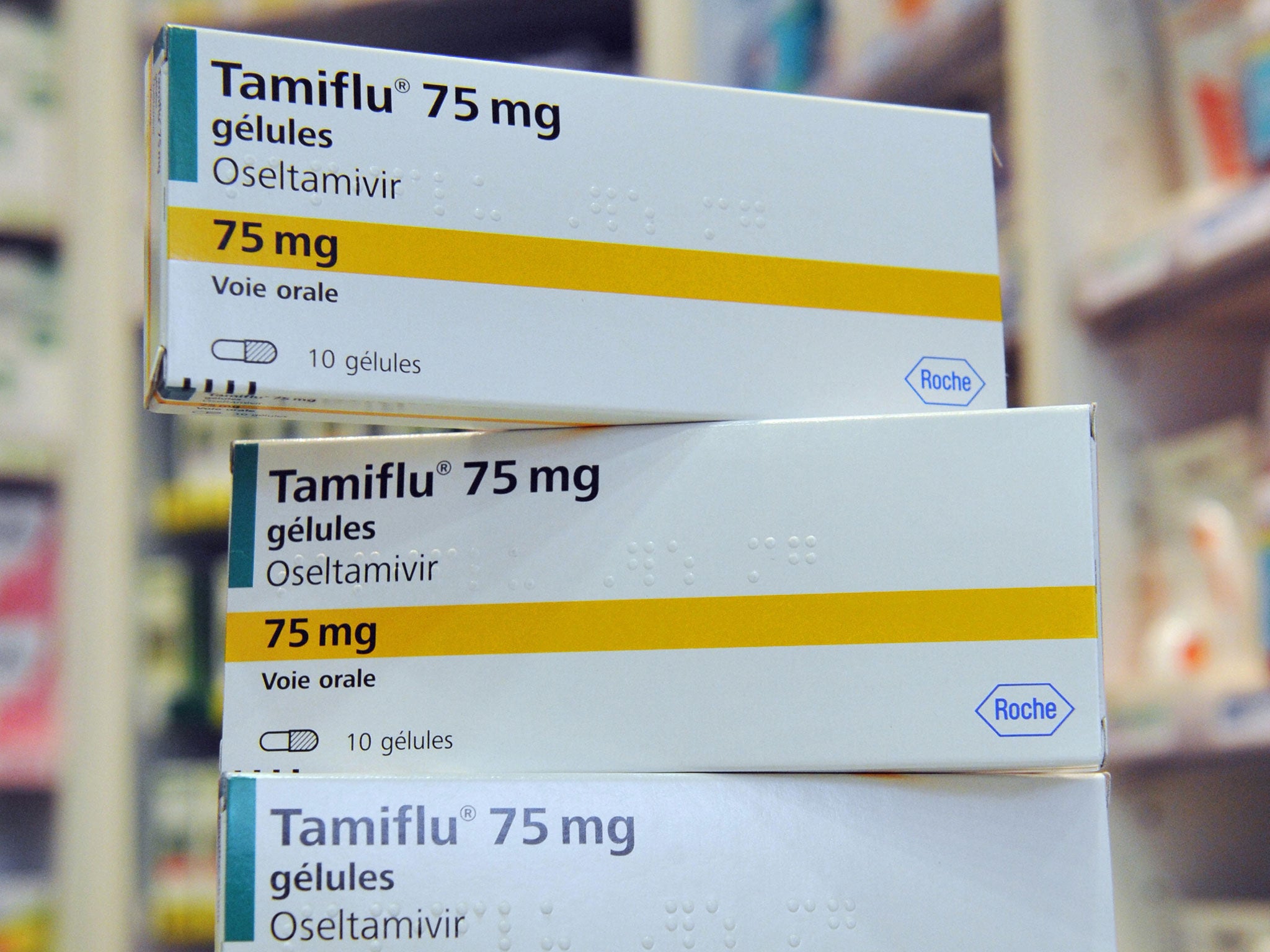Drugs companies 'routinely withhold results of medical trials' from doctors, researchers and patients
Damning report by MPs warns that doctors and patients are being ‘undermined’ on treatment options

Your support helps us to tell the story
From reproductive rights to climate change to Big Tech, The Independent is on the ground when the story is developing. Whether it's investigating the financials of Elon Musk's pro-Trump PAC or producing our latest documentary, 'The A Word', which shines a light on the American women fighting for reproductive rights, we know how important it is to parse out the facts from the messaging.
At such a critical moment in US history, we need reporters on the ground. Your donation allows us to keep sending journalists to speak to both sides of the story.
The Independent is trusted by Americans across the entire political spectrum. And unlike many other quality news outlets, we choose not to lock Americans out of our reporting and analysis with paywalls. We believe quality journalism should be available to everyone, paid for by those who can afford it.
Your support makes all the difference.Drug companies have “routinely and legally” withheld the results of medical trials from doctors, researchers and patients for decades, MPs have said.
In a damning report, the Public Accounts Committee said it was of “extreme concern” that about half of all trial results for medicines available on the global market were not subject to public and independent scrutiny.
Warning that doctors and patients are being “undermined” in their ability to make informed decisions on treatment, the committee called on the Government to act to ensure that the results of all clinical trials of every medicine currently being prescribed are made available.
The report will significantly increase pressure on the world’s pharmaceutical giants to commit to full transparency over clinical trials.
Critics have accused “Big Pharma” of systematically putting profit before patients, withholding data that might undermine confidence in their blockbuster drugs.
MPs said that “trials which gave a favourable verdict” were “about twice as likely to be published as trials giving unfavourable results”.
The Association of the British Pharmaceutical Industry (ABPI), which represents leading UK firms such as GlaxoSmithKline and AstraZeneca, said that it was “misleading” to say data was being routinely withheld and that results from nine out of every 10 industry-sponsored clinical trials for “recently approved medicines” had been published.
Yet committee member Richard Bacon MP said that results of past trials on medicines still in use today could be of equal concern.
Tamiflu, which for years has been stockpiled by the Government for emergency use in the event of a flu pandemic, caused particular concern to the committee, which said it was “disturbed by claims that regulators do not have access to all the available information” about the drug.
The Department of Health spent £424m on Tamiflu between 2006 and 2013 – despite “a lack of consensus about how well [it] works”, according to Mr Bacon.
He said that the widespread lack of transparency was of “extreme concern” to the committee, adding that recent proposals by regulators and the pharmaceutical industry to open up access to clinical trial results were insufficient.
“The Department [of Health] and the Medicines and Healthcare products Regulatory Agency (MHRA) must make sure, both prospectively and retrospectively, that clinical trials are registered and the full methods and results of all trials are available for independent wider scrutiny by doctors and researchers.”
The committee also criticised the health standards body the National Institute for Health and Care Excellence (Nice) and the MHRA for not routinely sharing information from manufacturers when licensing medicines.
Dr Ben Goldacre, a leading campaigner for transparency on clinical trials, who gave evidence to the committee, told The Independent that the public had been given “false reassurance” by the pharmaceutical industry and the medical establishment for at least 20 years. “Patients suffer and die unnecessarily because of this,” he said. “It’s fairly unusual that drugs that do more harm than good come to market, but it’s very common that we are persuaded to use the less effective of the available treatments because of withheld trial results.
“When we use the second- or third-best treatment in its class, we are inflicting unnecessary harm on our patients. That’s real avoidable suffering and death. That’s why it’s so tragic that the medical and academic community has failed to address this problem.”
The influential British Medical Journal has also been a vocal critic of the pharmaceutical industry’s stance.
Its editor, Dr Fiona Godlee, said: “The fact that the majority of clinical trials are funded by the people that make and sell the drugs is something that is hard to understand and yet it’s something that is accepted as ‘the way things are done’. At the moment it’s commercial implications that hold sway.”
A Department of Health spokesperson said that it was working with health organisations to make clinical trials more transparent. “All clinical trials conducted in the UK must now be registered on a public database.
“Patients have rightly been concerned about confidentiality in trials so we need to balance the need to make trials more open with making sure patient data is kept safely.”
Tamiflu: the £424m drug shrouded in secrecy
The Public Accounts Committee said it was “disturbed” by claims that regulators did not have access to all the available trial data on the anti-viral drug Tamiflu. There was “limited evidence and widespread disagreement among regulators and other bodies internationally on whether [it] confers any benefits on complications and mortality”, MPs added. Roche has now committed to publishing full clinical trial results on Tamiflu, and the PAC recommended the Department of Health review whether to spend a further £49m on stockpiles.
Join our commenting forum
Join thought-provoking conversations, follow other Independent readers and see their replies
Comments